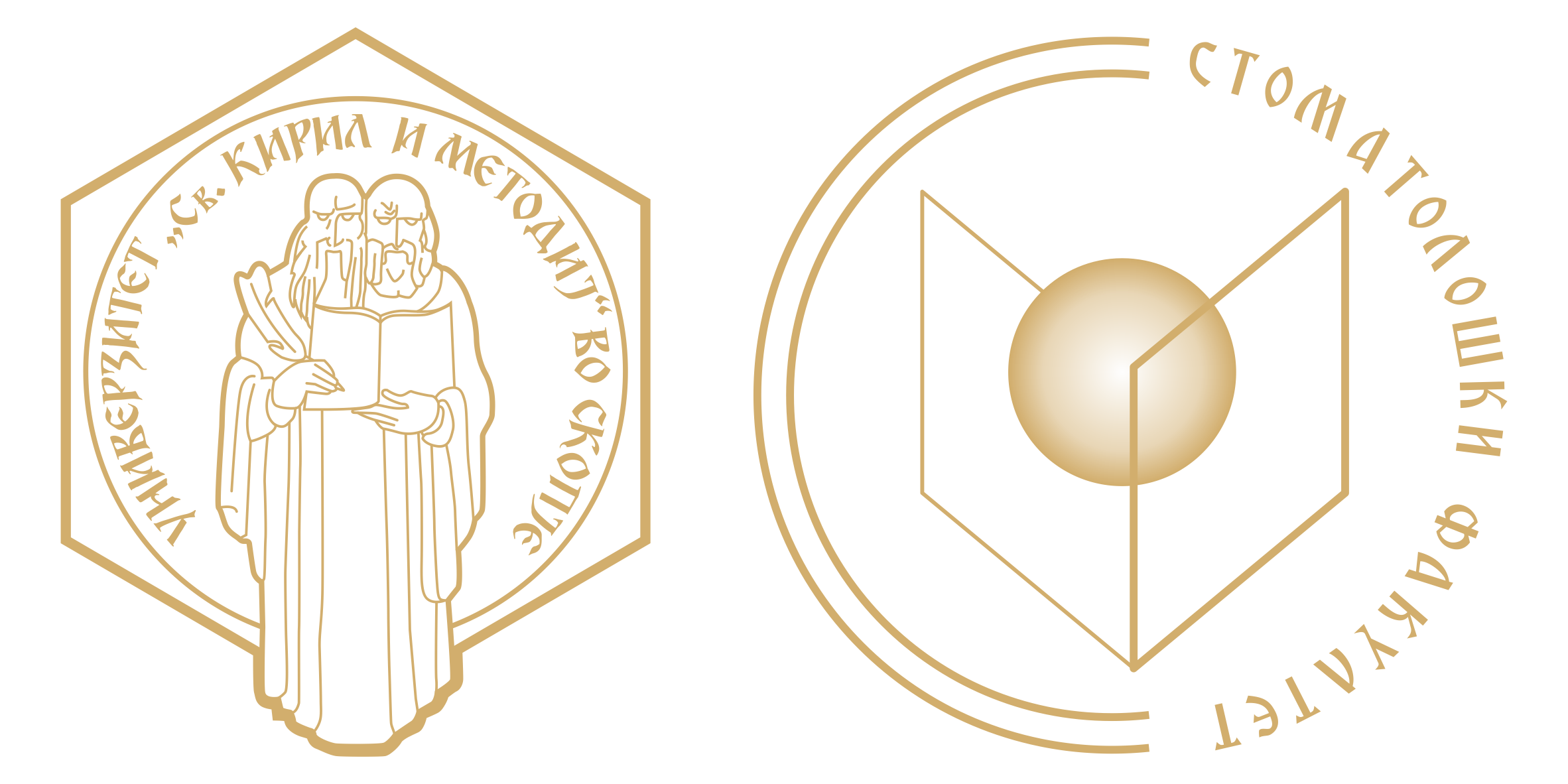This laboratory was completely renovated in 2018, and today it consists of 10 seats ready to organize practical classes of Oral Biochemistry from the study program for doctors of dental medicine, practical classes of Oral Biochemistry and Physiology from the study program for professional dental nurses- Oral Hygienists and practical classes of Oral Physiology from the study program for professional dental technicians. Strict adherence to specially prepared instructions for work in the laboratory is a basic prerequisite for every individual working in the laboratory, during the practical classes for scientific-research purposes.
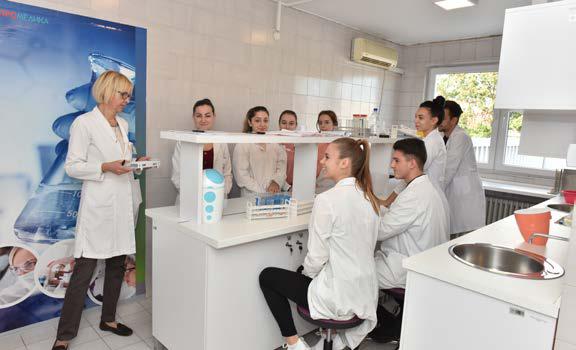
The laboratory was put on hold after the biochemist left in 2009. In the last 5 years, thanks to the enthusiasm and hard work of the staff of the Department of Oral and Periodontal Diseases, it has been put back into operation. The reason for activating the laboratory was to conduct practical classes in several subjects of the Department. However, after putting devices and equipment (spectrophotometer, centrifuge, water bath, etc.) into use, conditions were created for scientific-research work. The main goal and challenge in research is saliva as a diagnostic medium, not only for oral diseases, but also for systemic diseases. This year, modern equipment for biochemical and microbiological research, as well as equipment for clinical application have been procured for the laboratory.
The equipping of the laboratory with appropriate devices allows to analyze the saliva and its components (proteins, electrolytes, enzymes, degradation products, pH, etc.), not only during the practical work, but also during the preparation of numerous master’s and doctoral theses, scientific researches effected in papers published in eminent journals, as well as a significant number of student topics.
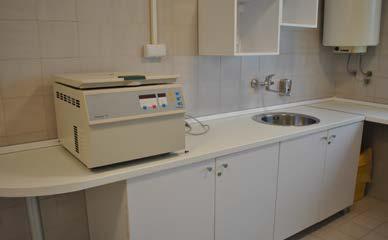
Undoubtedly, the modern procedures for obtaining PRP plasma in the laboratory of the Faculty of Dentistry allow, in addition to its clinical application, application during specialist education to monitor the effects in scientific research in various fields of dentistry.
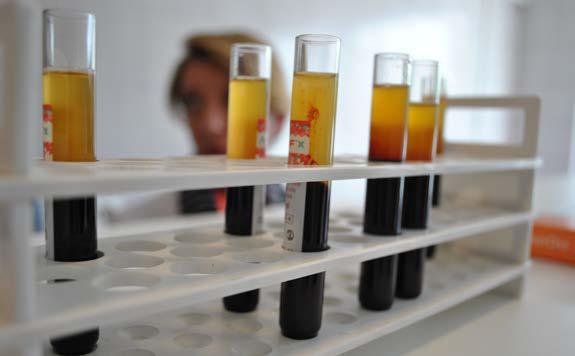
The fact that with the help of the BANA test, the presence of some periodontal pathogens is accurately, efficiently and quickly detected gives additional credibility to the laboratory. There is also the possibility of detecting the presence of Candida albicans, which is a benefit for patients and therapists.
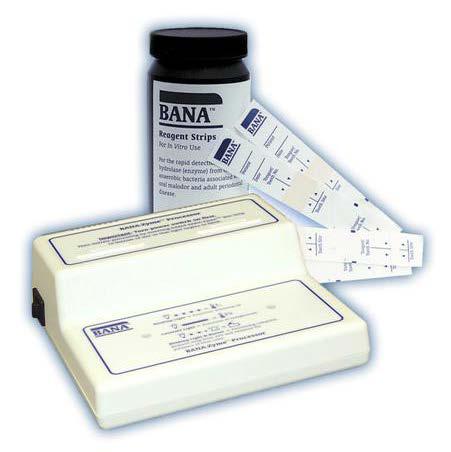
Although small in space, so far modestly equipped, the laboratory is being equipped day by day, following the requirements and needs of the teaching-scientific staff and certainly grows into an important segment where the scientific-research activity of the Faculty will take place.
